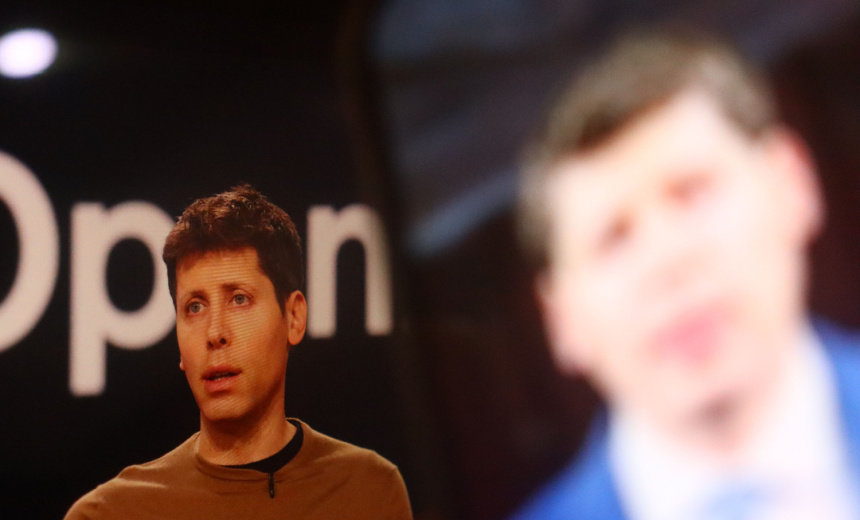Artificial Intelligence & Machine Learning,
Next-Generation Technologies & Secure Development
Challengers Featured Include Former OpenAI Employees, Geoffrey Hinton, and Margaret Mitchell

A coalition of AI specialists and former OpenAI employees have called on regulators in California and Delaware to intervene against OpenAI’s plan to transition into a for-profit entity. They express concerns that this shift could undermine protective measures intended to ensure that artificial intelligence benefits all of humanity rather than just shareholders.
The group has voiced that the move would jeopardize the principles established by OpenAI and could lead to decisions favoring profit over public welfare. This concern comes in light of OpenAI’s proposal to change its for-profit subsidiary, OpenAI LP, into a public benefit corporation in Delaware, which has created internal discord.
Should this restructuring occur, the for-profit branch would take full control over operational governance, relegating the original nonprofit to charitable activities. Critics argue that this transformation threatens the organization’s commitment to capped returns and public interest—a trajectory that originally set OpenAI apart from its competitors in Silicon Valley.
Several prominent figures, including Nobel Prize winner Geoffrey Hinton, Berkeley professor Stuart Russell, and Hugging Face co-founder Margaret Mitchell, have attached their signatures to a letter urging intervention by California Attorney General Rob Bonta and Delaware Attorney General Kathleen Jennings. They contend that the implications of artificial intelligence development represent critical societal challenges and that placing it in the hands of profit-driven managers may distort its direction towards revenue generation rather than societal betterment.
The letter asserts, “OpenAI has a bespoke legal structure based on nonprofit control, purposefully intended to leverage market dynamics without succumbing to commercial pressure.” The coalition emphasizes that dismantling this framework would eliminate essential governance protocols, including an independent board majority and the investor return ceilings designed to protect AGI research from market influences.
Notably, Elon Musk, one of OpenAI’s co-founders who has since stepped away from the organization, is currently pursuing legal action to halt this corporate alteration based on corporate governance issues. The coalition’s letter appeals to regulators to uphold OpenAI’s charitable mission. “As the primary overseers of OpenAI, you possess the authority to safeguard its foundational purpose for the benefit of its beneficiaries at this pivotal juncture in technology development,” it reads.
The signatories are also pressing for transparency regarding whether alternative governance structures were considered, the extent to which investor pressures shaped these decisions, and whether board members could personally profit from the planned conversion. Additionally, they are advocating for the removal of any directors whose actions may have compromised the nonprofit’s integrity, alongside instituting new oversight methods to ensure that the independent board remains committed to OpenAI’s original objectives instead of prioritizing profit maximization.
The transition of OpenAI LP into a public benefit corporation necessitates that it balance public responsibilities alongside its financial goals, but Delaware law does not mandate public disclosures for such commitments. Critics worry that this regulatory gap could allow the reorganized OpenAI the flexibility to pursue lucrative opportunities, potentially at odds with its stated mission. With SoftBank reportedly poised to inject an additional $30 billion, contingent on the switch to for-profit, there’s a formidable incentive for management to exploit these new freedoms, as highlighted in another report on the entity’s significant funding history.
Since its inception as a nonprofit aiming to develop capped-profit structures in 2019, OpenAI has evolved. This structure allowed investors to earn returns up to 100 times their initial investment, with any excess redirected back to the nonprofit. An independent board was intended to prevent mission drift and ensure that advancements in AGI would remain under the stewardship of the nonprofit arm.